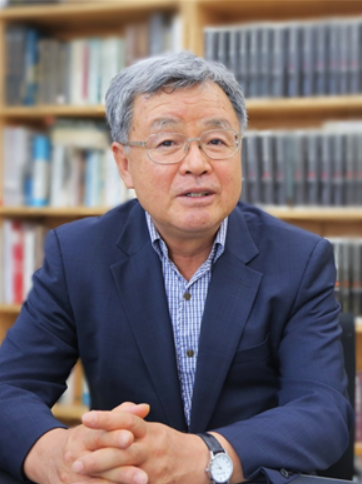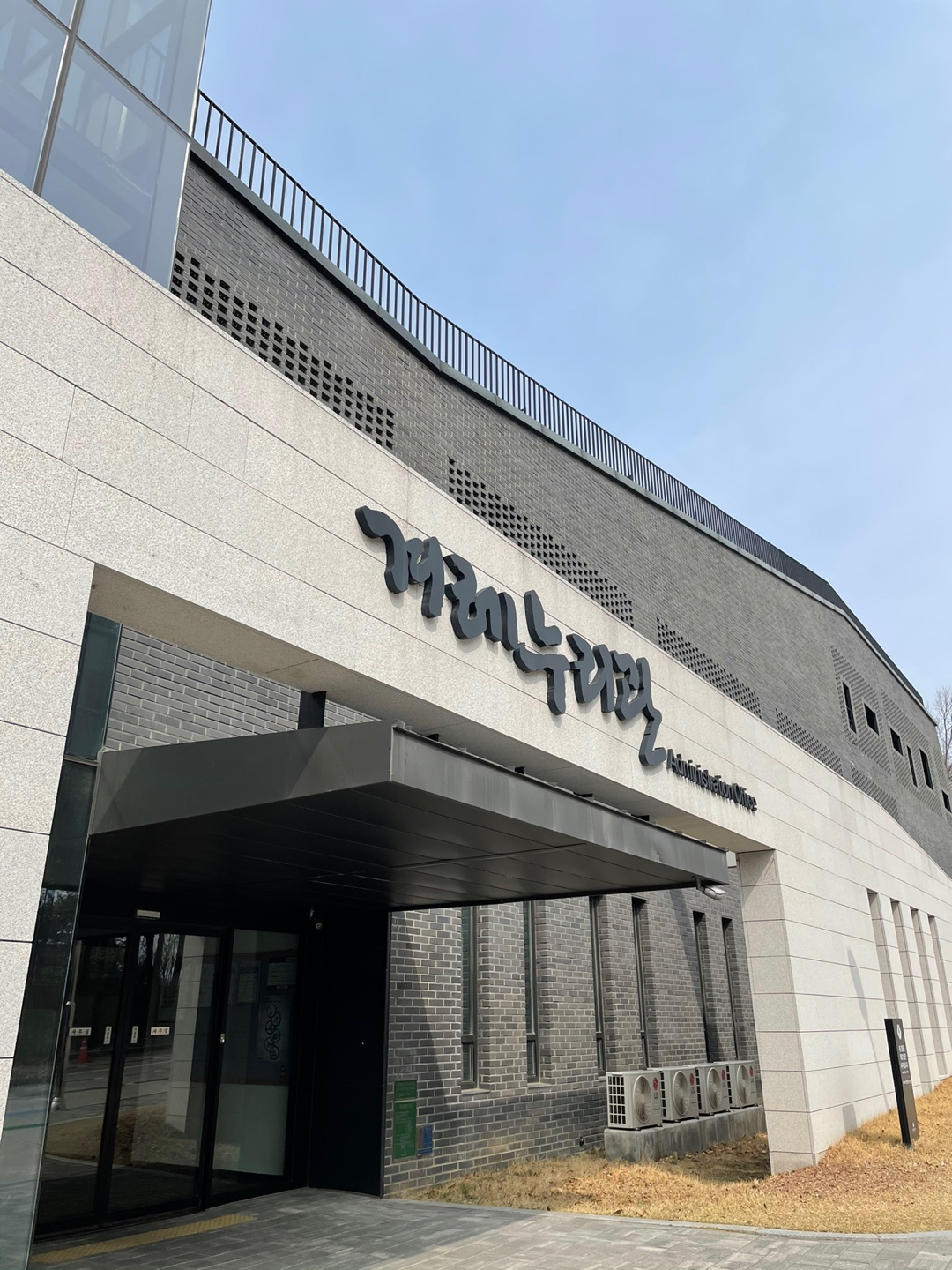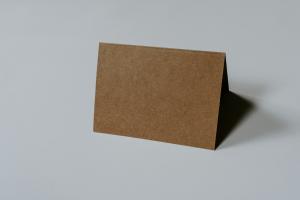Professor Han Si-jun, from Dankook University (DKU)'s Department of History, was inaugurated as the 12th head of ‘Independence Hall’. This is the first time in history where a fully-fledged historian, who studied the history of the independence movement throughout his life, has been appointed as the head of Independence Hall, breaking the tradition of appointing a descendant of the Independence Warrior.
 |
| ▲ Han Si-jun, the director of Independence Hall. He used to work as a Dankook University professor. (Photo from Korean Instructor Newspaper) |
Professor Han was appointed to our university's history department in 1988 and has since devoted his life to researching the independence movement centering on the Provisional Government of the Republic of Korea and the Korean Liberation Army. He played an important role in raising the status of the university by scholarly establishing the traces of the independence movement by our founder Beomjeong Chang Hyong and promoting the fact that DKU has an orthodox national history as it was established by an independence activist. In addition, he conducted a variety of research throughout his consecutive service over various posts such as the Director of the Korea Independence Movement History Institute at the Independence Hall, the Director of Baekbeom Kim Koo Memorial Center, President of the Korean Modern and Contemporary History Research Center, and Director of DKU Institute of Oriental Studies. Currently, he is considered the representative authority in the history of the independence movement in Korea and in the research of the Provisional Government. The Dankook Herald (DKH) interviewed the accomplished professor to learn more about his life.
Q1. Congratulations on your appointment as Head of Independence Hall in 2021. You were appointed under the Ministry of Patriots and Veterans Affairs even though you were an orthodox scholar who studied the history of the independence movement. We knew that this event was a break from tradition. How do you feel about it?
A. As you know, the appointment means I have a lot of responsibility. I will now be able to implement the direction of development for the Independence Hall that I thought of following, which is to actively study the history of the independence movement.
Q2. How did you first become immersed in the study of the independence movement?
A. My friend gave me a book when I was in the army called ‘Jo So-ang.’ ‘Jo So-ang’ was a former foreign minister of the Provisional Government of the Republic of Korea. Through the book, I learned the history of the Korean independence movement as well as the provisional government of the Republic of Korea. This made me interested in the history of the independence movement for the first time. When the Independence Hall was established in 1987, I began to study the field of the independence movement in earnest. At that time, President Jang Choong-sik of the Independence Hall called me and said, "Since you are interested in studying the history of the independence movement, you should go to Cheonan's history department to learn more, so I did.
Q3. You wrote the learned book ‘The Study of the Korean Liberation Army’ in 1993, which revealed the historical reality of the group by compiling interviews of survivors. It was an undiscovered history for domestic academies. We read an article that touted you as the best authority in the field. What was significant about your work and the value it lent to the Independence Hall?
A. The meaning of the independence movement. I think Korea’s independence movement was somewhat unique. During the expansion of imperialism in the first half of the 20th century, about 80% of the world's people were deprived and colonized. They campaigned for independence to recover their countries that were taken away. So many ethnic groups on the planet have campaigned for independence. The same is true of Korea. However, no other nation has risen and campaigned for independence like Korea. In addition, Korea is the only country that received a promise of independence from Allies after the war. In the ‘Cairo Declaration’, South Korea opted to let Japan become a free and independent nation if it were to be defeated. Thus, Korea's independence movement in the history of world independence movements is said to be representative of its own achievements and developments.
Q4. Recently, a multi-independent video theater that combines 4D, VR, and MR technologies was installed in the Independence Hall for the first time. What will the future development of the Independence Hall be like?
A. There are three main reasons why the Independence Hall exists. It is to study the history of the independence movement, display facts about its history and to educate people about the process. Exhibition technology has been improving day by day, and our Independence Hall must take advantage of the latest exhibition techniques to remain relevant and fulfill our purpose. The Hall is an institution that serves people. Therefore, it should let the public know what the spirit of independence is through the most relevant services. As a result, the Independence Hall will be made into a place where people can come to see and get energized by what they learn. The independence movement is also called the Miracle of the Han River. Japan was unbeatable, but independence activists took on the challenge. Finally, Japan was defeated and Korea became independent. The spirit of the independence movement is to create possibilities by challenging the impossible. Currently, the Republic of Korea has developed into a country to be recognized in the world because of its spirit of independence that made it possible to do the impossible. Therefore, visitors who come to the Independence Hall in the future will get a sense of our miraculous powers.
 |
| ▲ The Independence Hall, where professor Han works (Photo from The Dankook Herald) |
Q5. Ahead of the 30th anniversary of the establishment of South Korean and Chinese diplomatic ties in 1992, we have heard that you are planning to set up a ‘Korea-China Joint Resistance Memorial’ in one of the eight exhibition halls. We think this is because the joint program is worth informing the public about. If so, what is the significance or value of the field?
A. Over a long period in history, Japan fought not only with Korea, but with China, the United States, and other countries in Southeast Asia. In other words, Korea is not the only one that fought with Japan. However, the public believes that Korea fought alone. In order to inform people that it was a global movement, we must highlight where and when we fought together with the Chinese, American, and British forces. One of the ways to inform the public of this fact is to study and promote relations with China, which is the oldest and closest partnership we share among one those countries. This is the main reason why the exhibition hall for two peoples’ joint fight against Japanese aggression is to be set up. In addition, we are expecting an increase in the number of Chinese tourist visitors and the elevation of the status of the independence hall of Korea could be gained by informing the public that the independence movement was not only taken on by Korean, but also Chinese and American people.
Q6. What is the future direction for research of the independence movement?
A. There were many changes and developments during the independence movement. The Republic of Korea, where we live, was founded by the 1919 March First Independence Movement. On March 1, Korean independence activists declared Korea an independent country, and soon after activists in exile established the Republic of Korea in Shanghai, China. With the establishment of the provisional government, the owner of the state changed from the monarch to the people. But many people are unaware of the fact that monarchy changed to a popular sovereignty through the independence movement and there is a lack of research related to this topic. Further research is necessary and there is a need to let the public know that the independence movement has created the foundation for the society we live in today.
Q7. Is there anything you would like to say to Dankookians (students of Dankook University) who love history?
A. DKU has a deep connection with Korean history. DKU was founded by independence activists and, it is the first university to be established after our liberation. It was established by independence activist Beomjeong Chang Hyong and Hyedang Cho Huijae with their conviction about the need to newly educate talented individuals armed with unwavering patriotism. Among the universities established by independence activists, DKU is the only one that survived until now without a change in ownership from its original independence activists. Dankookians should be proud of this. ‘Challenge and Creation’, DKU’s slogan, came from the spirit of independence activists. Thus, remember their spirit and let people know that DKU has the power to make the impossible possible. I hope Dankookians become talented people who can make the impossible possible even in society in the future.
Throughout this interview, we learned the value of the Independence movement and Independence Hall. Moreover, we were encouraged to promote our school spirit and make a promise to ourselves to become people who bring great honor to our alma mater in the future just like him. The DKH looks forward to following the future activities of Professor Han Si-jun.
서영진, 김민경, 김서연 dankookherald@gmail.com

 Vote for the Campus Brand Naming!
Vote for the Campus Brand Naming!

![[Campus Magnifier] Let's Surf the Library!](/news/thumbnail/202404/12496_1765_4143_v150.jpg)




